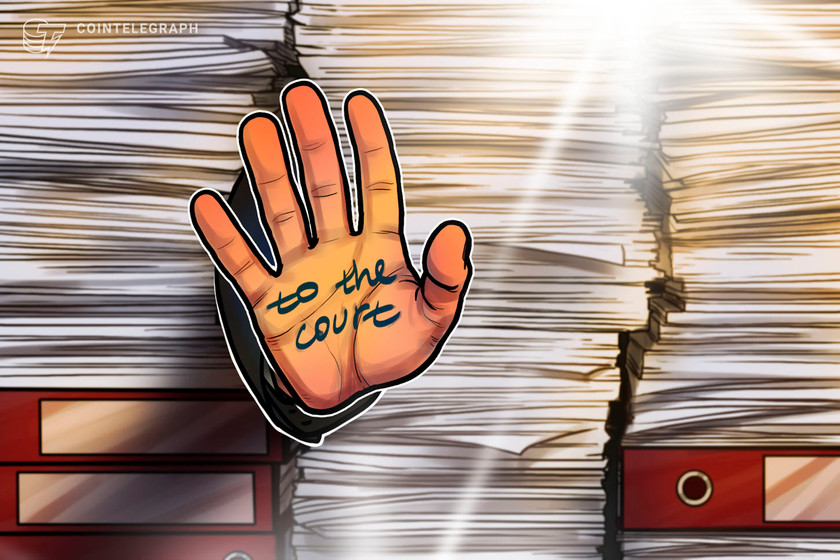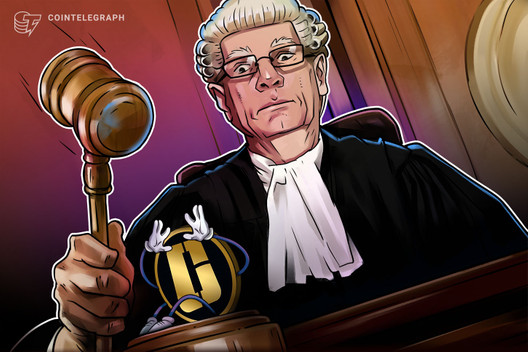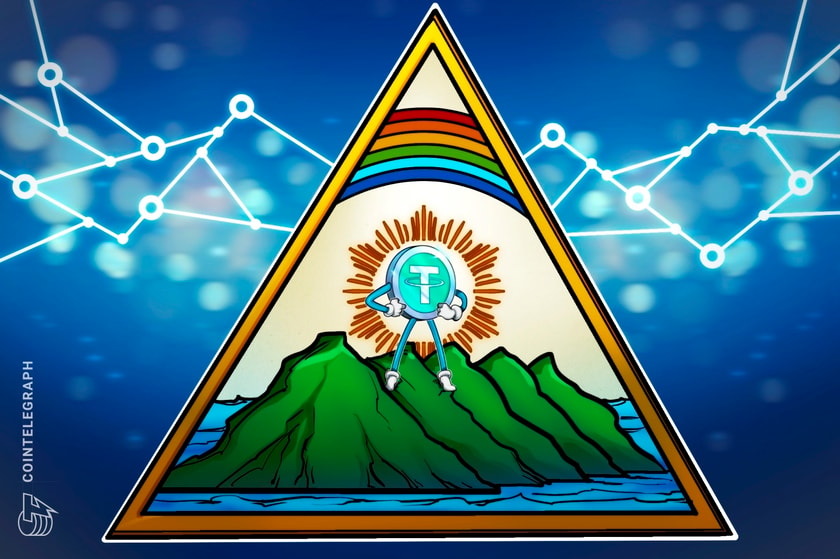OKX exec warns against hype amid real-world asset tokenization boom
Crypto exchange OKX’s CEO for its Middle East and North Africa (MENA) arm urged the industry to focus on delivering real-world utility as interest in real-world asset (RWA) tokenization accelerates.
In a Cointelegraph interview at the Token20249 event in Dubai, OKX MENA CEO Rifad Mahasneh warned that while tokenization is promising, projects must “clearly demonstrate” the benefits of tokenizing specific assets.
“In some cases, we’re tokenizing things that don’t need tokenization, but in some cases, we’re tokenizing things that actually give you real, everyday value, right? And if you can see that everyday value, then that is a promising project,” Mahasneh told Cointelegraph.
He said hype can drive project growth in the Web3 space, but providing everyday value should be the priority.
RWA tokenization gains traction in the UAE
Mahasneh’s comments come amid an increase in real-world asset tokenization projects in the Middle East, including the United Arab Emirates.
On May 1, MultiBank Group signed a $3 billion RWA agreement with the UAE-based real-estate firm MAG and blockchain infrastructure provider Mavryk — the largest RWA initiative worldwide to date.
In addition to billions in RWA deals, the UAE government has started working on RWA tokenization. On March 19, the Dubai Land Department — the government agency responsible for promoting, organizing and registering real estate in Dubai — announced a pilot phase of its real-estate tokenization project. The agency is working with Dubai’s Virtual Assets Regulatory Authority (VARA), the emirate’s crypto regulator.
On Jan. 9, RWA project Mantra also signed a $1 billion deal with Damac Group to tokenize the assets of the UAE-based conglomerate. However, months later, Mantra saw one of the biggest token collapses in crypto history, wiping out billions in market capitalization on April 13.
Mahasneh told Cointelegraph that the region’s clear regulations help drive bigger institutions to get into tokenization and crypto. He said regulatory clarity allows understanding of how key players in the space, like exchanges, are governed.
Related: Real estate not the best asset for RWA tokenization — Michael Sonnenshein
UAE stablecoin framework gives institutions confidence
The executive also praised the region’s progress in stablecoin regulations. In June 2024, the Central Bank of the UAE approved a regulatory framework for stablecoin licensing. This clarified the issuance, supervision and licensing of dirham-backed payment tokens.
According to Mahasneh, this demonstrates the UAE’s speed in regulating crypto-related technologies. The executive also highlighted that the central bank’s involvement gives institutions extra confidence in entering the business.
“Other markets are still debating whether they should have crypto regulations. Here, we moved into developing stablecoin regulations. For an investor, you want to know that your stablecoin is regulated. That’s a big plus,” Mahasneh said.
Since then, major players like Tether have joined the race by issuing a dirham-pegged stablecoin. On April 29, institutions like Abu Dhabi’s sovereign wealth fund, the Abu Dhabi Developmental Holding Company (ADQ), First Abu Dhabi Bank and the International Holding Company partnered to launch a dirham-pegged stablecoin, pending regulatory approval.
Magazine: Crypto wanted to overthrow banks, now it’s becoming them in stablecoin fight









